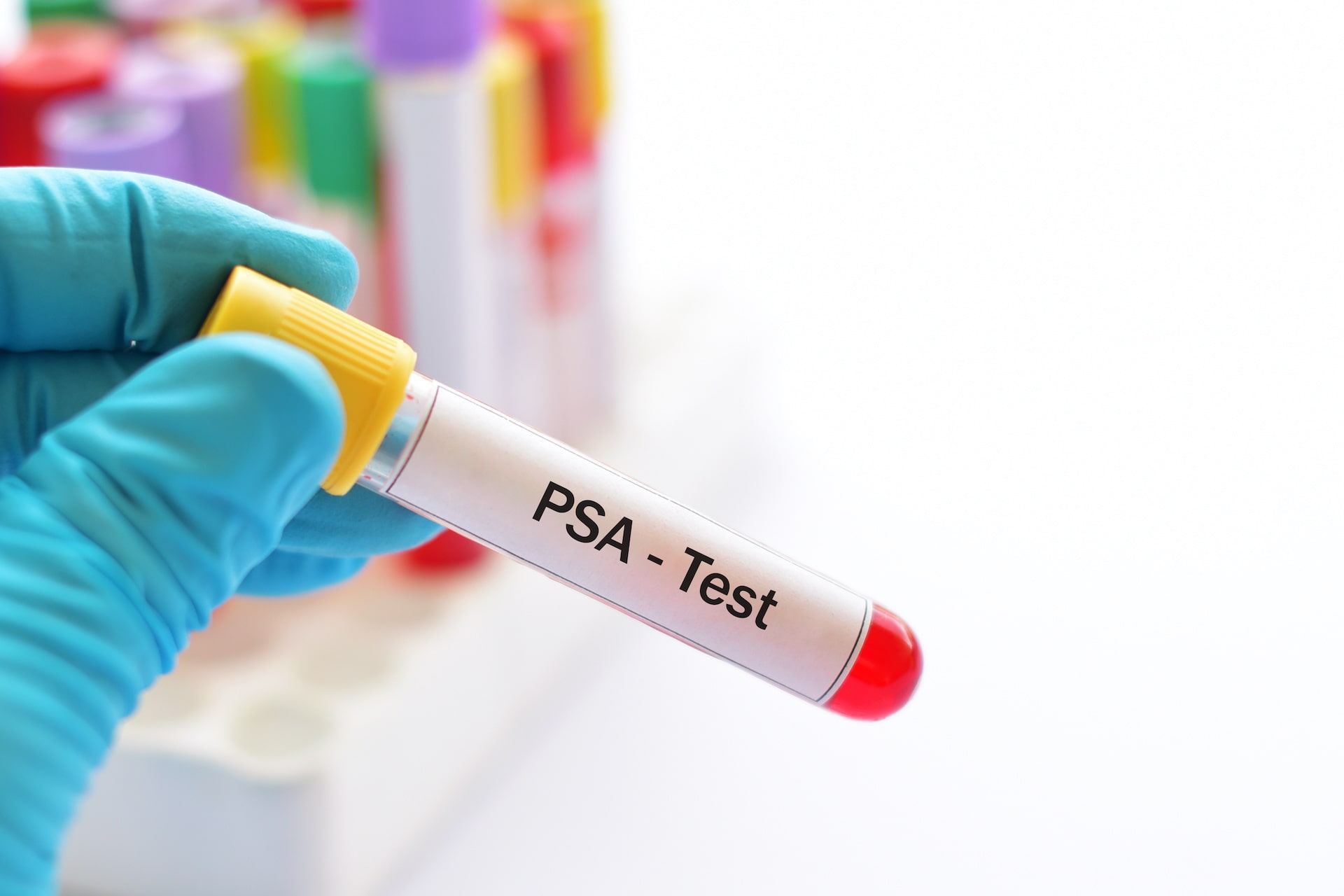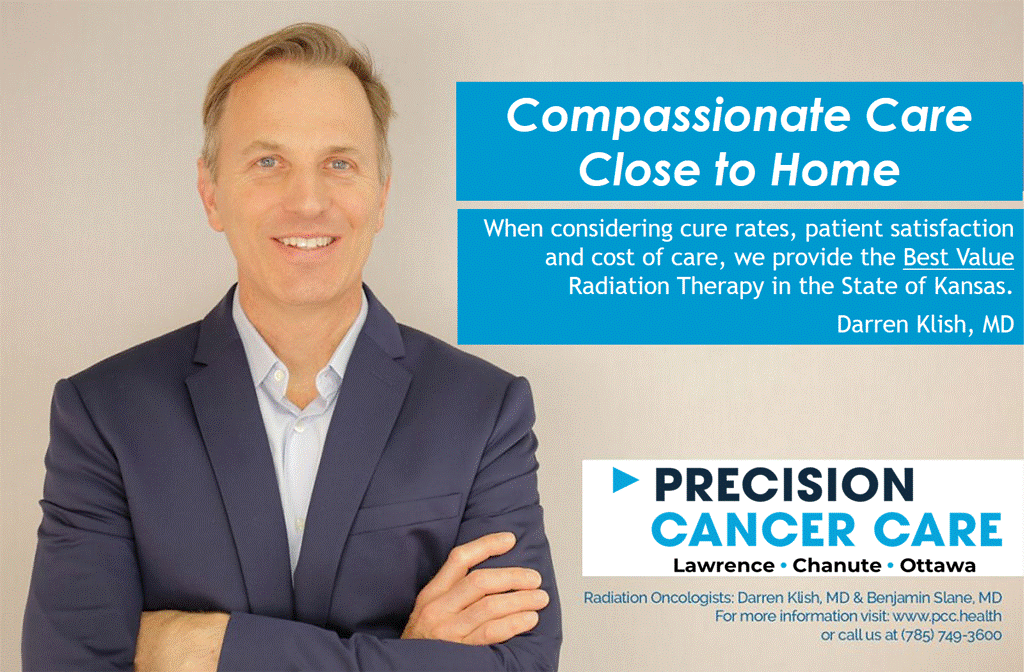
Men: Know Your PSA Number!
Because cancer is the second leading cause of death among men, with lung cancer, prostate cancer, and colorectal cancers being the most common types, we wanted to remind you that early detection saves lives. As cancer specialists, we see many cancer cases at our cancer treatment centers that could have had better outcomes if they had been detected earlier. That is why we feel the need to spread the word about early detection. If you are a man, especially if you are over 45, you should get a PSA test so you know your PSA number.
Know Your Prostate Cancer Risk Factors
Among the various health challenges men face, prostate cancer stands out as one of the most serious yet detectable conditions. With early detection, the chances of successful treatment and survival are significantly higher than without. Here are a few facts about prostate cancer that men should know. Knowing your own personal risk factors is important for making informed decisions about testing.
Statistics: About 1 in 8 men will be diagnosed with prostate cancer during their lifetime.
Risk Factors: Age (risk increases with age), family history, race (more common in African American men), and diet.
Symptoms: Difficulty urinating, blood in urine or semen, pelvic discomfort, and erectile dysfunction. However, early-stage prostate cancer may not present noticeable symptoms.
The Importance of Early Detection
Early detection of prostate cancer can make a significant difference in treatment outcomes. The Prostate-Specific Antigen (PSA) test is a simple blood test that measures the level of PSA in the blood. Elevated levels of PSA may indicate the presence of prostate cancer, prompting further investigation. However, elevated levels may also indicate an enlarged prostate (benign prostatic hyperplasia or BPH) which is not cancerous. It’s important to find cancer early for the best survival rates.
PSA Testing Is Simple
There’s really no reason not to know your PSA number. All that is required is a simple blood test. A digital rectal exam (DRE) may also be done as a part of the screening. If no prostate cancer is found as a result of screening, the time between future screenings depends on the results of the PSA blood test. The American Cancer Society recommends yearly testing for men with PSA levels of 2.5 ng/mL or higher, and every two years for men with lower levels. It is important to get screened so you have a baseline number to compare to in the future.
Ease of Testing: The PSA test is quick and easy, involving a simple blood draw. It can be done during a routine check-up.
Know Your Numbers: Understanding your PSA levels can help in monitoring prostate health and detecting potential issues early.
Consult Your Doctor: Men aged 50 and older, or those with a family history of prostate cancer, should discuss the benefits and risks of PSA testing with their healthcare provider. African American men and those with a family history should consider starting earlier, around age 45.
Age Recommendations for PSA Testing
National Men’s Health Month is an important reminder for men to take charge of their health. By being aware of the health challenges they face and taking proactive steps, men can lead healthier and longer lives. Prostate cancer, in particular, is a serious yet detectable condition that underscores the importance of regular health screenings. Encourage the men in your life to get their PSA levels checked and to make health a priority:
Age 50 for men who are at average risk of prostate cancer and are expected to live at least 10 more years
Age 45 for men at high risk of developing prostate cancer. This includes African American men and men who have a first-degree relative (father or brother) diagnosed with prostate cancer at an early age (younger than age 65).
Age 40 for men at even higher risk (those with more than one first-degree relative who had prostate cancer at an early age)
Cancer Treatment Centers Close to Home
If you or someone you love is facing a cancer diagnosis, visit us At Precision Cancer Care for the latest in cancer services close to home. We offer cure rates equal to NCI-designated hospitals, but with locations in Lawrence, Ottawa, and Chanute. By staying informed and proactive about screening recommendations, men can empower themselves to detect cancer early when treatment is most effective. Remember, early detection saves lives. Take charge of your health today. Get screened and know your PSA number!



